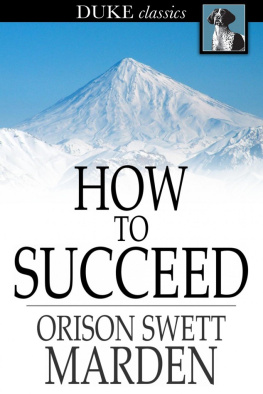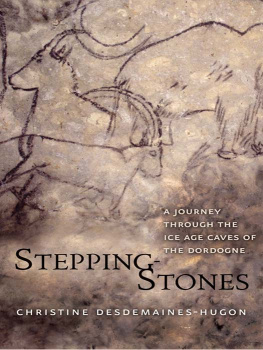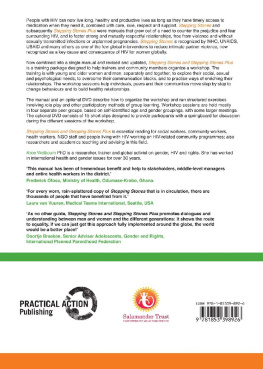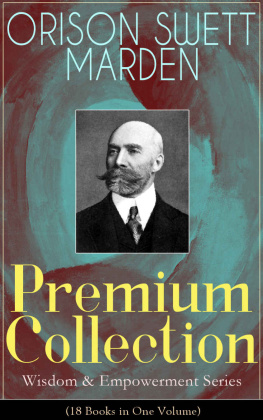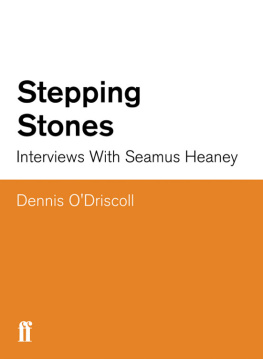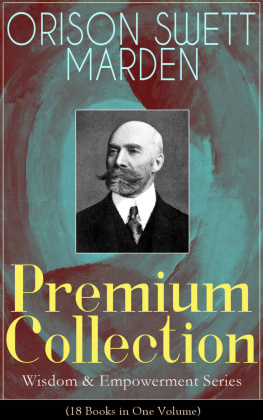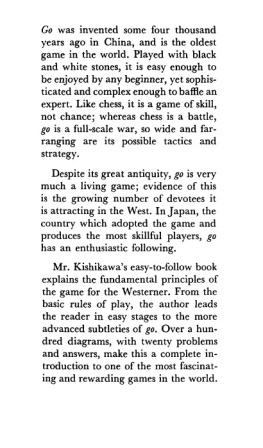HOW TO SUCCEED
OR, STEPPING-STONES TO FAME AND FORTUNE
* * *
ORISON SWETT MARDEN
*
How to Succeed
Or, Stepping-Stones to Fame and Fortune
From an 1896 edition
ISBN 978-1-62011-407-0
Duke Classics
2012 Duke Classics and its licensors. All rights reserved.
While every effort has been used to ensure the accuracy and reliability of the information contained in this edition, Duke Classics does not assume liability or responsibility for any errors or omissions in this book. Duke Classics does not accept responsibility for loss suffered as a result of reliance upon the accuracy or currency of information contained in this book.
Contents
*
Chapter I - First, Be a Man
*
The great need at this hour is manly men. We want no goody-goody piety; we have too much of it. We want men who will do right, though the heavens fall, who believe in God, and who will confess Him. REV. W. J. DAWSON.
All the world cries, Where is the man who will save us? We want a man! Don't look so far for this man. You have him at hand. This manit is you, it is I; it is each one of us!... How to constitute one's self a man? Nothing harder, if one knows not how to will it; nothing easier, if one wills it. ALEXANDER DUMAS.
"I thank God I am a Baptist," said a little, short Doctor of Divinity,as he mounted a step at a convention. "Louder! louder!" shouted a man inthe audience; "we can't hear." "Get up higher," said another. "I can't,"replied the doctor, "to be a Baptist is as high as one can get."
But there is something higher than being a Baptist, and that is being aman.
Rousseau says: "According to the order of nature, men being equal, theircommon vocation is the profession of humanity; and whoever is welleducated to discharge the duty of a man cannot be badly prepared tofill any of those offices that have a relation to him. It matters littleto me whether my pupil be designed for the army, the pulpit, or the bar.To live is the profession I would teach him. When I have done with him,it is true he will be neither a soldier, a lawyer, nor a divine. Lethim first be a man; Fortune may remove him from one rank to another, asshe pleases, he will be always found in his place."
"First of all," replied the boy James A. Garfield, when asked what hemeant to be, "I must make myself a man; if I do not succeed in that, Ican succeed in nothing."
"Hear me, O men," cried Diogenes, in the market place at Athens; and,when a crowd collected around him, he said scornfully, "I called formen, not pigmies."
One great need of the world to-day is for men and women who are goodanimals. To endure the strain of our concentrated civilization, thecoming man and woman must have an excess of animal spirits. They musthave a robustness of health. Mere absence of disease is not health. Itis the overflowing fountain, not the one half full, that gives life andbeauty to the valley below. Only he is healthy who exults in mere animalexistence; whose very life is a luxury; who feels a bounding pulsethroughout his body; who feels life in every limb, as dogs do whenscouring over the field, or as boys do when gliding over fields of ice.
Dispense with the doctor by being temperate; the lawyer by keeping outof debt; the demagogue, by voting for honest men; and poverty, by beingindustrious.
"Nephew," said Sir Godfrey Kneller, the artist, to a Guinea slavetrader, who entered the room where his uncle was talking with AlexanderPope, "you have the honor of seeing the two greatest men in the world.""I don't know how great men you may be," said the Guinea man, as helooked contemptuously upon their diminutive physical proportions, "but Idon't like your looks; I have often bought a much better man than eitherof you, all muscles and bones, for ten guineas."
A man is never so happy as when he suffices to himself, and can walkwithout crutches or a guide. Said Jean Paul Richter: "I have made asmuch out of myself as could be made of the stuff, and no man shouldrequire more."
"The body of an athlete and the soul of a sage," wrote Voltaire toHelvetius; "these are what we require to be happy."
Although millions are out of employment in the United States, howdifficult it is to find a thorough, reliable, self-dependent,industrious man or woman, young or old, for any position, whether as adomestic servant, an office boy, a teacher, a brakeman, a conductor, anengineer, a clerk, a bookkeeper, or whatever we may want. It is almostimpossible to find a really competent person in any department, andoftentimes we have to make many trials before we can get a positionfairly well filled.
It is a superficial age; very few prepare for their work. Of thousandsof young women trying to get a living at typewriting, many are soignorant, so deficient in the common rudiments even, that they spellbadly, use bad grammar, and know scarcely anything of punctuation. Infact, they murder the English language. They can copy, "parrot like,"and that is about all.
The same superficiality is found in nearly all kinds of business. It isnext to impossible to get a first-class mechanic; he has not learned histrade; he has picked it up, and botches everything he touches, spoilinggood material and wasting valuable time.
In the professions, it is true, we find greater skill and faithfulness,but usually they have been developed at the expense of mental and moralbreadth.
The merely professional man is narrow; worse than that, he is in a sensean artificial man, a creature of technicalities and specialties, removedalike from the broad truth of nature and from the healthy influence ofhuman converse. In society, the most accomplished man of mereprofessional skill is often a nullity; he has sunk his personality inhis dexterity.
"The aim of every man," said Humboldt, "should be to secure the highestand most harmonious development of his powers to a complete andconsistent whole."
Some men impress us as immense possibilities. They seem to have a sweepof intellect that is grand; a penetrative power that is phenomenal; theyseem to know everything, to have read everything, to have seeneverything. Nothing seems to escape the keenness of their vision. Butsomehow they are forever disappointing our expectations. They raisegreat hopes only to dash them. They are men of great promise, but theynever pay. There is some indefinable want in their make-up.
What the world needs is a clergyman who is broader than his pulpit, whodoes not look upon humanity with a white neckcloth ideal, and who wouldgive the lie to the saying that the human race is divided into threeclasses: men, women and ministers. Wanted, a clergyman who does not lookupon his congregation from the standpoint of old theological books, anddusty, cobweb creeds, but who sees the merchant as in his store, theclerk as making sales, the lawyer pleading before the jury, thephysician standing over the sick bed; in other words, who looks upon thegreat throbbing, stirring, pulsing, competing, scheming, ambitious,impulsive, tempted, mass of humanity as one of their number, who canlive with them, see with their eyes, hear with their ears, andexperience their sensations.
The world has a standing advertisement over the door of everyprofession, every occupation, every calling: "WantedA Man."
Wanted, a lawyer, who has not become the victim of his specialty, a merewalking bundle of precedents.
Wanted, a shopkeeper who does not discuss markets wherever he goes. Aman should be so much larger than his calling, so broad and symmetricalin his culture, that he would not talk shop in society, that no onewould suspect how he gets his living.

